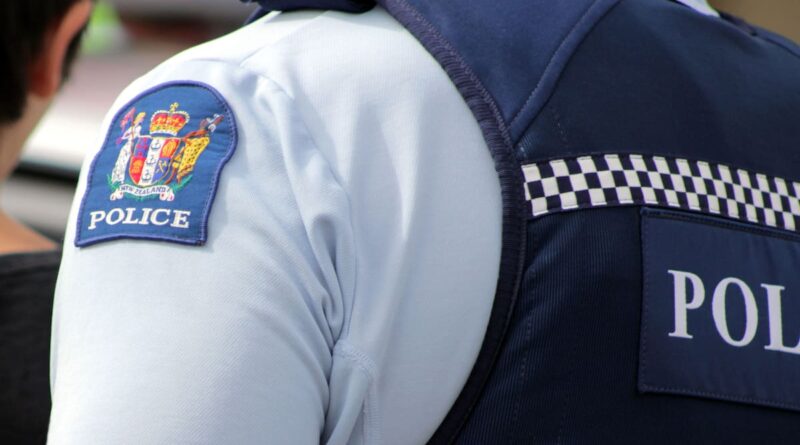Police to reduce involvement in mental health crises, new frontier of response
Mental Health Minister Matt Doocey said for too long, people who have been seeking crisis support have been met by a uniformed officer which can cause further frustration.
He said: “Mentally troubled people are not criminals.
“Those who seek help deserve a mental health response, not a criminal justice response.”

“Ultimately, we want to ensure that people get the right care, at the right time, from the right people, and that our frontline officers have more time to focus on core policing and providing the services expected of them to keep the public safe.” Doocey said.
The police did an excellent job with “great compassion” but were not trained mental health professionals.
“Change requires a careful, measured approach and I am very supportive and reassured of the joint efforts of Police and Health that it takes to get there.”
The Herald reported earlier this year that the number of mental health incidents attended by police has increased by more than 150% in the past decade.
Figures from the last financial year showed officers attended more than 77,000 mental health incidents, the majority of which were of low to moderate risk to safety and did not require a presence of the police. Officials wrote in another ministerial interview reported by the Herald that officers sometimes spent hours with desperate people in Emergency Departments.
Police Commissioner: ‘It’s not sustainable’
Police Commissioner Andrew Coster said mental health needs accounted for 11% of calls to the police emergency contact center in the year to May 2024.
Police receive one mental health-related call every seven minutes, taking up about half a million hours of police time a year, he said.
“Of those incidents, only 5% had a criminal component and 11% of the calls were coded P1 and given priority response,” said Coster.
“It’s been clear to me for a long time that this is unsustainable and prevents us from keeping other public spaces safe.”
Health NZ chief executive Margie Apa said the changes were about “getting the balance right” and there were times when the health response was more desirable.
“For example, the potential stigma for a depressed person waiting in the ED for a mental health evaluation can be exacerbated if they are accompanied by the Police.”
Apa said one of the factors that should be considered as part of the reforms is the lack of mental health workers.

“Health NZ is working with medical professionals, ED representatives, health and safety experts, security staff and others to put a robust action plan in place.”
Ministers and officials began pushing for health service reform when Labor was in office, with Police Minister Stuart Nash in March last year telling then Health Minister Ayesha Verrall that his choice was for the police to get involved if there was. “immediate danger” to safety.
Labour’s mental health spokeswoman, Ingrid Leary, said police should remain on 111 roads until the Government can ensure safety will not be compromised.
“Matt Doocey is playing Russian Roulette by agreeing to introduce a new emergency response system for mental health emergencies that does not involve the police before they have all the pieces in place to ensure the safety of people and first responders,” he said.
“Mental health experts are issuing a clear warning that police should remain involved in 111 calls until a new multi-agency response begins.”
Police Association responds: ‘Very good’
Police Association President Chris Cahill welcomed the news, saying it was a long time coming and it was something the association wanted to happen for a long time.
He said the police ended up “selectively looking” in responding to low and moderate mental health calls and that was not appropriate.
“We think it’s a very good announcement and it has the benefit of people getting the right care.”

Earlier this year, Cahill said the delivery process was taking too long, stressing that responding to such calls was the responsibility of health authorities, not the police.
“Mental deranged people are not criminals. The police should only be involved when there is a risk to someone’s safety. They cannot support the demand that is happening and they are always removed from the main police force. ”
Julia Gabel is a Wellington political reporter. He joined the Herald in 2020 and has recently focused on data journalism.
Jamie Ensor is a political reporter at NZ Herald Gallery Publications Group based in Parliament. He was previously a TV reporter and digital producer in the Newshub Press Gallery office.
#Police #reduce #involvement #mental #health #crises #frontier #response
